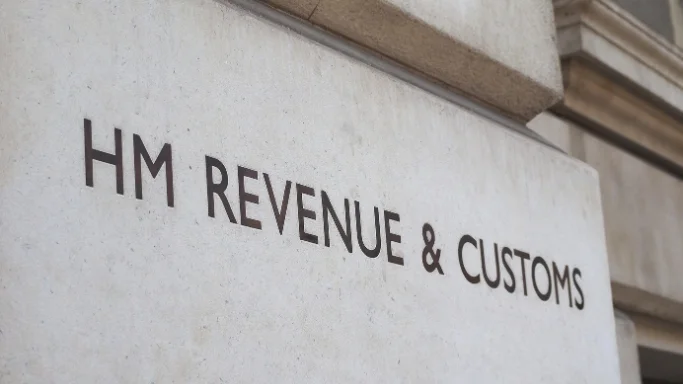
Who Needs to Use MTD for VAT?
As the tax system in the UK transitions towards digitization, businesses need to understand Making Tax Digital (MTD). The goal of MTD is to make the management of taxes more efficient, effective, and easier for taxpayers. Specifically, MTD for VAT means VAT-registered businesses must keep digital records and use MTD-compatible software to submit their VAT returns. This article guides you through the essentials of MTD for VAT, who it applies to, and how to comply.
Which Businesses Need to Comply with MTD for VAT?
All VAT-registered businesses with a taxable turnover above the VAT threshold need to use MTD for VAT. As of April 2022, this rule also applies to businesses below the VAT threshold voluntarily registered for VAT. Hence, whether your business is large or small, complying with MTD for VAT is mandatory if you’re VAT-registered.
What Does Complying with MTD for VAT Entail?
Complying with MTD for VAT involves two primary steps: keeping digital records and using MTD-compatible software. Businesses must maintain a digital record of their sales and purchases, the VAT they owe, and what they can reclaim. Businesses must use software or tools compatible with HMRC’s MTD service when submitting VAT returns.
How to Keep Digital Records for MTD for VAT
To keep digital records for MTD for VAT, businesses must record all sales and purchases digitally, capturing details such as the time and value of the supply and the rate of VAT charged. This includes information about the business, like the business name, address, VAT registration number, and any VAT accounting schemes used.
How to Use MTD-Compatible Software
When it comes to using MTD-compatible software, businesses have a few options. Many accounting software providers have updated their offerings to be MTD-compatible. A business’s existing software may need bridging software if it isn’t compatible. Bridging software links the software used to keep digital records and HMRC’s MTD service, enabling businesses to send their VAT return information to HMRC without manual data entry.
Are Any Businesses Exempt from MTD for VAT?
Exemptions to MTD for VAT are limited. Some businesses might be exempt due to insolvency, religious beliefs, or practical difficulties like age, disability, or location. If a business believes they may be exempt, they should contact HMRC.
What is the Timeline for MTD for VAT?
The timeline for MTD for VAT is critical for businesses to remember. It began on April 1, 2019, when MTD for VAT became mandatory for VAT-registered businesses with a taxable turnover above the VAT threshold. From April 2022, all VAT-registered businesses must follow MTD for VAT rules regardless of their turnover.
How do I prepare for MTD for VAT?
Businesses that haven’t yet transitioned to MTD for VAT can start by understanding the requirements and deadlines, checking if their existing software is MTD-compatible, and starting to keep digital records if they haven’t already.
Key Takeaways:
- Comprehend the requirements and deadlines for MTD for VAT.
- Keep digital records of all business transactions.
- Use MTD-compatible software or bridging software to submit VAT returns.
- Check if they are exempt from MTD for VAT.
- Understand the timeline for MTD for VAT.
- Register for MTD with HMRC.
Adopting MTD for VAT is a significant step towards making tax administration more effective in the digital age. Businesses must understand what it means for them and take the necessary steps to comply.


Request a call back
Let us know when you would like us to call you back by filling in this form:
Our 5 Star Reviews



Latest News

Making Tax Digital 2023: MPs Criticise Delays and Complexity
Explore the challenges and impacts of the UK’s Making Tax Digital initiative, including delays and the cost burden on taxpayers.

Making Tax Digital: Small Business Review
Making Tax Digital Small Business Review 2023: Understanding the Basics and Preparing for Change Introduction to Making Tax Digital (MTD) Since 1948, Jack Ross Chartered

Making Tax Digital: The Rising Costs and Challenges
Making Tax Digital: The Rising Costs and Challenges Introduction Making Tax Digital (MTD), the ambitious initiative by HM Revenue & Customs (HMRC) to digitise the
